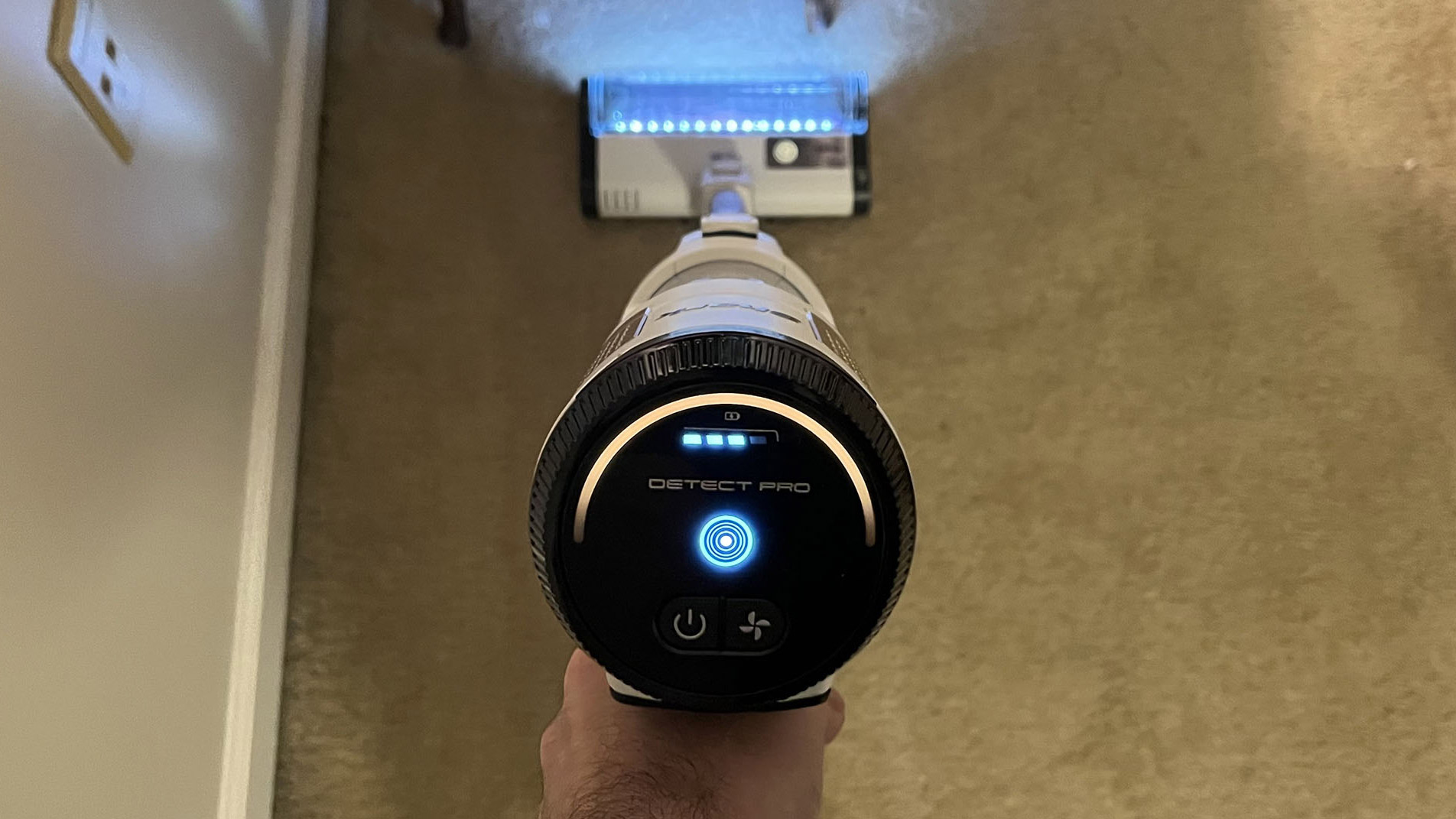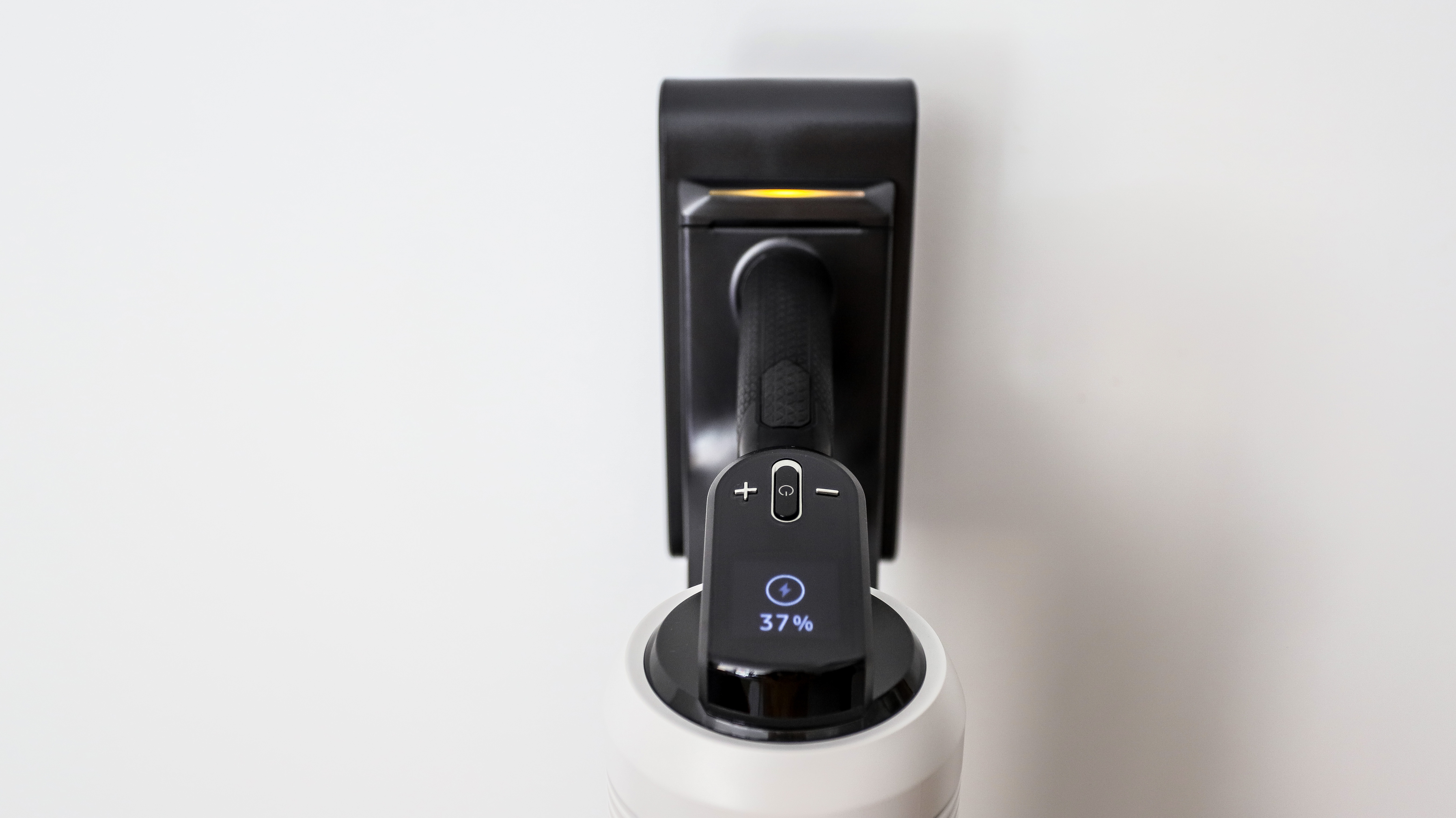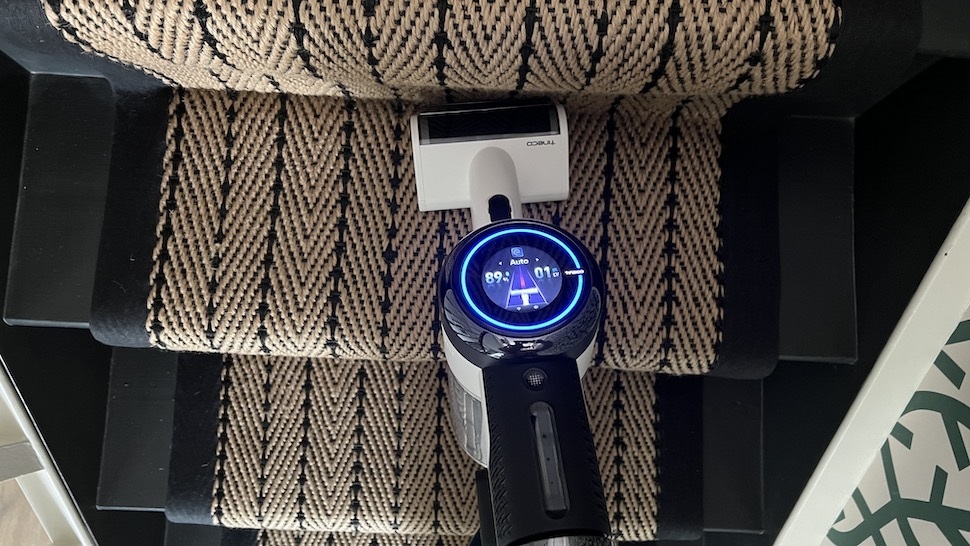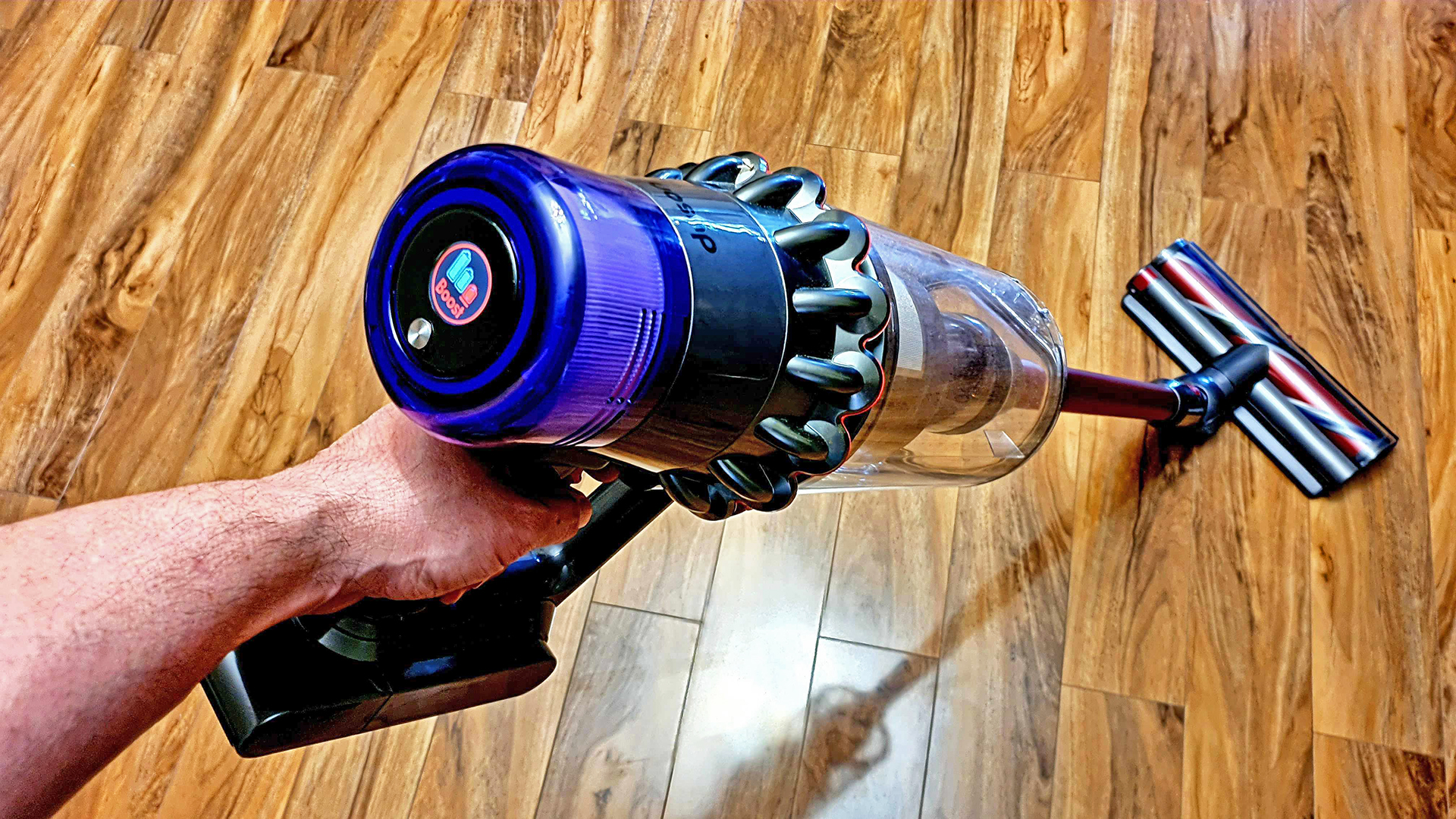
Anyone who's ever vacuumed their home will have experienced frustration with vacuum cleaner cords. They're either too short, which means you yank the plug out of the socket the moment you stray too far from it. Or they're too long, which means you spend endless minutes spooling them up every time you move from room to room.
And even if your cord is somehow magically the right length, that's not the end of your problems. Because somehow, it seems impossible to avoid getting the cord tangled around itself, your furniture or yourself, making the task of vacuuming your floor all the more time-consuming and exhausting. Not least if you end up tripping over the darned thing and taking an undignified tumble.
In this light, the best cordless vacuum cleaners have a lot going for them. Running on rechargeable batteries, these clever devices cut out all the problems mentioned above, and you can easily use them anywhere, including places where there's no socket to be found at all, like a car parked on your drive outside.
But why, then, doesn't everybody use them? Sadly, as with most tech, there are some trade-offs to consider. In this article, we delve into the negatives of cordless models, to help you decide whether this is the best vacuum cleaner type for you.
1. Limited battery life
One of the most obvious drawbacks of cordless vacuum cleaners becomes instantly evident when they plain stop working. Unfortunately, rechargeable batteries will only work for a certain length of time – typically 20 to 60 minutes – on a single charge. And then, just when you're just in the swing of things, you either have to patiently wait for your vacuum cleaner to power up again, or just leave the task for another day.

This can be a significant inconvenience, especially for people with larger homes or those who want to spend a lot of time cleaning thoroughly. In which case, you find you're constantly monitoring battery levels, which makes the whole cleaning process that much more frustrating and tiresome.
2. Limited suction
Obviously, the makers of cordless vacuum cleaners do everything they can to make the battery life the best it can be. But often, that means they're engineered in a way that sacrifices suction power compared with corded vacuum cleaners.
If you're just doing a bit of light vacuuming, little and often – a few pet hairs here and there, the odd bit of dust – that isn't always a problem. But if you haven't vacuumed in a while, it may make you miss your old, more powerful, corded vacuum, particularly if your home has a lot of heavily carpeted areas, or a bunch of messy children and pets.

In this case, the lower suction power of cordless vacuum cleaners may mean you spend a lot more time cleaning; negating the whole time-saving aspect of not having a cord.
3. Cost
We don't want to bring you down or anything, but here's another common downside to cordless vacuum cleaners: all that advanced battery technology doesn't come cheap. So cordless vacuum cleaners tend to be more expensive than corded ones, and at a time when we're all experiencing a cost-of-living crisis, that can be quite a significant factor.
4. They can be heavy
You'll notice that cordless vacuum cleaners are often designed to be lightweight and maneuverable. But the smallest and lightest ones tend to be the most limited in terms of battery life. Those that last longer before they need charging, conversely, have bigger battery packs that can add a lot of weight.

This increased weight can tire you out during extended cleaning sessions, particularly for anyone with mobility issues or if you need to need to clean staircases or hard-to-reach areas.
Some cordless vacuums also have awkward handle positions or lack swivel capabilities, making them less comfortable to use during long vacuuming sessions.
5. Environmental impact
Like most battery-powered devices, cordless vacuum cleaners can have a significant impact on the environment. The production and disposal of batteries is a major contribution to global pollution and resource depletion. Additionally, many cordless models are plastic-heavy, which adds to environmental concerns.
6. Maintenance and replacement costs
Cordless vacuums tend to be simpler to maintain than corded ones, as they typically have fewer parts to detach, clean, or replace. However, cordless models do require some upkeep. Battery life degrades over time, so you'll need to follow proper charging practices. Filters need regular cleaning to maintain suction power, and the smaller dust containers mean more frequent emptying compared to corded vacuums.
Corded vs cordless: how to choose
Cordless vacuum cleaners undoubtedly offer convenience and mobility, but they come with their own set of disadvantages. Limited battery life, reduced suction power, higher initial costs, ergonomic challenges, environmental impact, and ongoing maintenance expenses are all things to consider before deciding which is best for you.
Overall, we'd suggest you consider a corded vacuum if:
- You have a large home
- You have mostly carpets
- You're short on budget
- You dislike frequently emptying the dust container
- You enjoy, or are at least comfortable with, physical activity
Alternatively, you may prefer a cordless vacuum if:
- You have a small home or apartment
- You vacuum quickly and often
- You have mostly hard floors
- You find vacuuming draining and exhausting
- You need to vacuum far away from sockets
Ultimately, the best choice depends on your individual needs. If you're still unsure, though, you could always consider a hybrid model. For example, the Shark DuoClean Powered Lift-Away Upright Vacuum Cleaner is a corded vacuum that provides powerful cleaning of carpets and hard floors, with the option to detach the canister to use as a lightweight portable vacuum. Alternatively, it might be worth investing in both types: have a corded vacuum for big cleans and a cheap handheld cordless one, such as one of the best car vacuums, on standby for smaller tasks.







